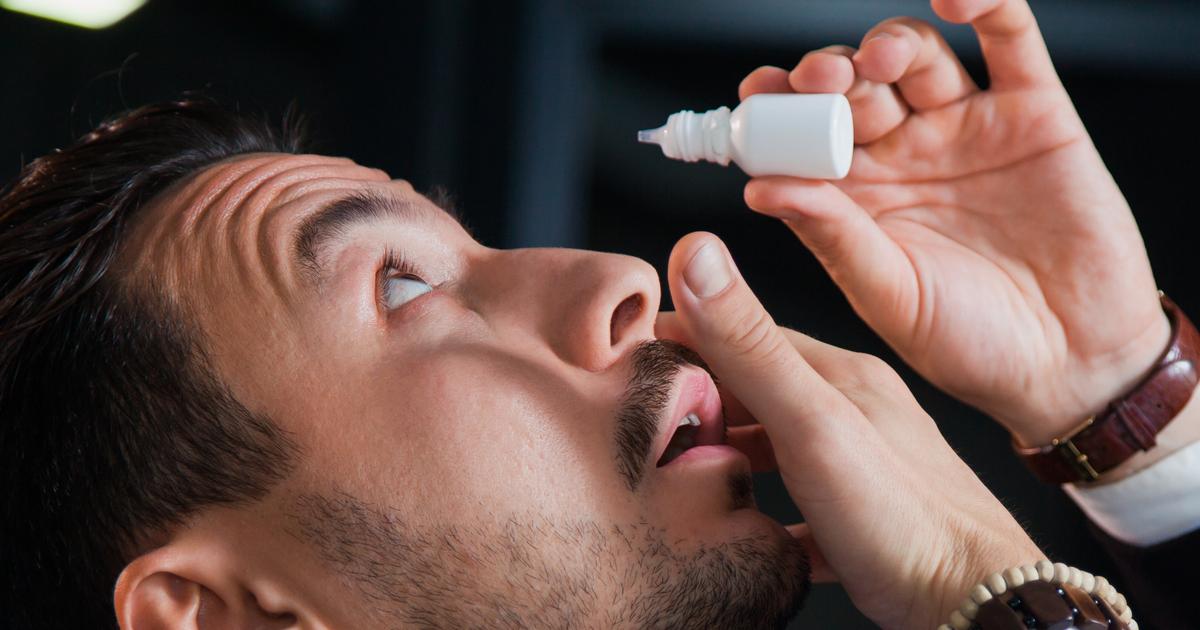Methods Of Treating Bulging Eyes
When the eyes protrude from their usual position, this is sometimes a sign of a serious medical condition that needs treating. The treatment will depend on the underlying cause of the bulging. The two most common medical terms for bulging eyes are exophthalmos and proptosis. Some individuals' eyes naturally protrude more without being caused by an underlying condition.
The general rule of thumb is that the eyes are protruding if the white above the iris can be seen without lifting the eyelid. If only one eye begins bulging suddenly, it is a medical emergency that needs immediate treatment. Some treatments for bulging eyes will focus on the eyes themselves, while others will be geared toward treating whatever underlying condition has caused the eyes to bulge from the skull.
Corticosteroids Or Antibiotics

Depending on the underlying cause of the problem, a doctor may prescribe corticosteroids or antibiotics to help. Some patients might benefit from a combination of the two. Antibiotics are medications that can fight bacterial infections. Bulging eyes are sometimes caused by an infection of the tissues inside or behind the eye. There are eye infections that clear up on their own, but some must be treated with antibiotics. Patients need to complete a full course of antibiotics without skipping any doses, even after they start to feel better.
If patients only complete part of the course, the infection may come back and become antibiotic-resistant. Corticosteroids are prescribed to help treat inflammation associated with eye-bulging. They also reduce the amount of immune system activity in the body. Some are applied topically, while others are taken orally or intravenously. Corticosteroids are an artificial form of cortisol, one of the main hormones produced by the body's adrenal glands.
Eye Drops

If the underlying cause of the bulging is infection, a doctor might prescribe eye drops. Eye drops are also sometimes prescribed to help soothe pain and moisturize the eyes. Different eye drops are formulated to treat different conditions. Some are available over-the-counter to treat dry eyes, while others are available through a prescription to treat infections and minor eye injuries. The amount of time patients will need to take the drops will also vary depending on what they're treating. Some patients only need to take eye drops for a few days, while others need more intensive treatment.
Patients should always make sure they're using the drops how they're intended. If individuals don't use the right technique, the drops might not be fully absorbed into the eye, which will keep them from being effective. If it's difficult for a patient to place the eye drops in their eyes themselves, they can ask a family member or friend to help. Those administering the drops should always make sure the dropper and their hands are both clean before doing so.
